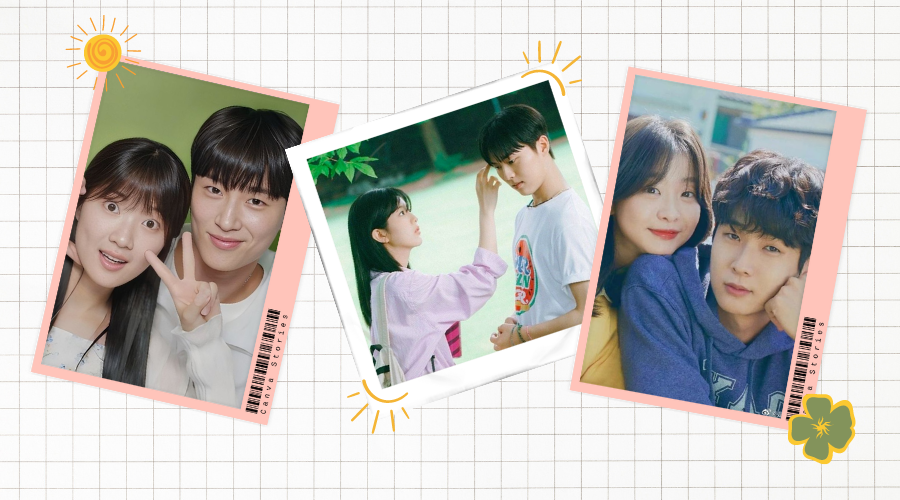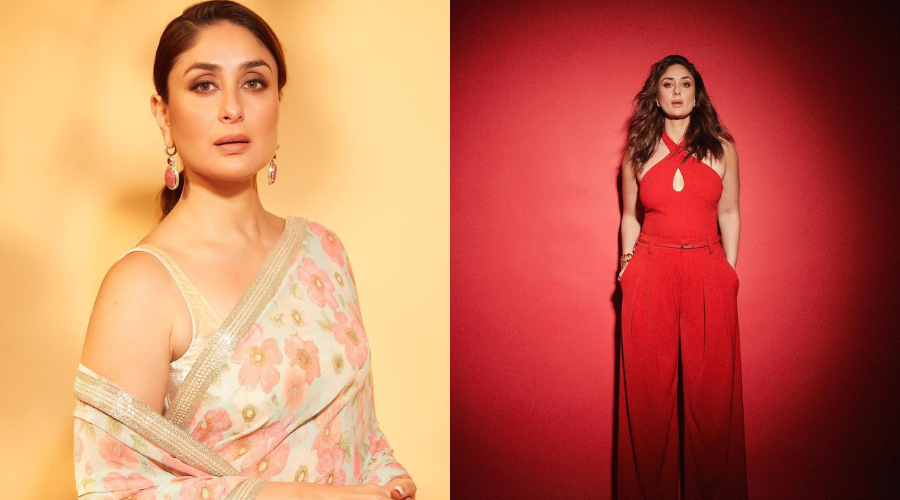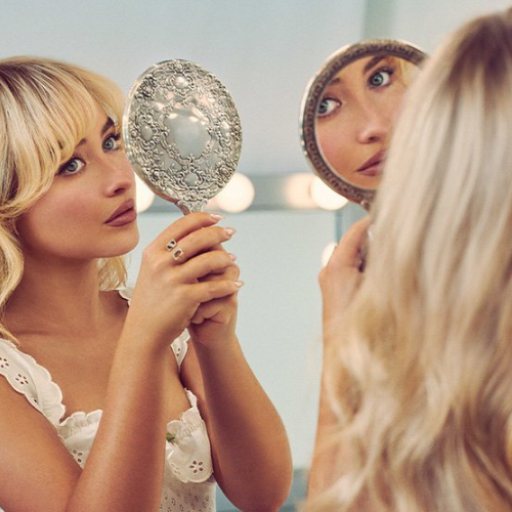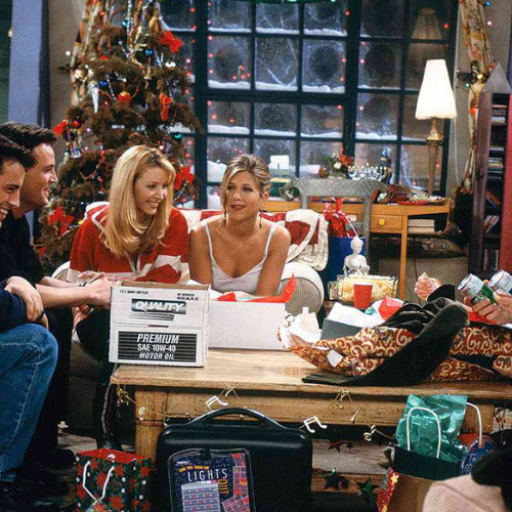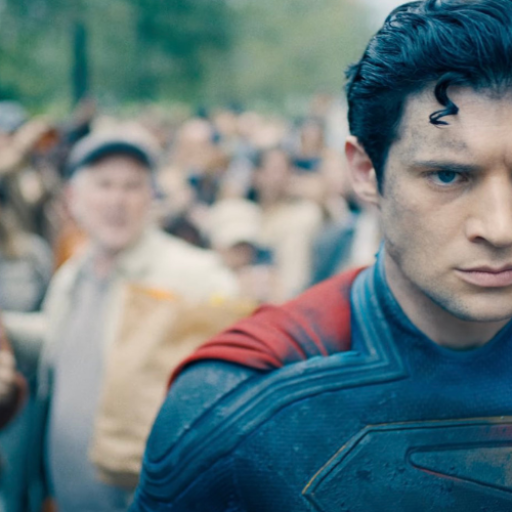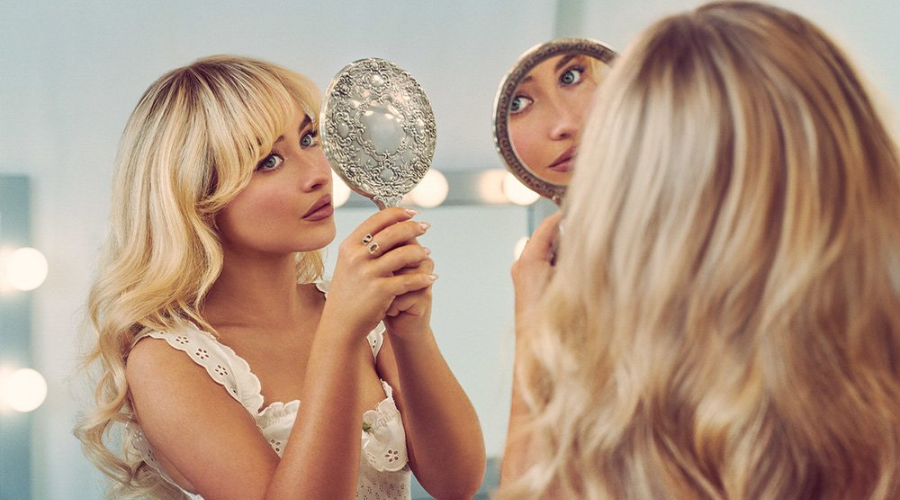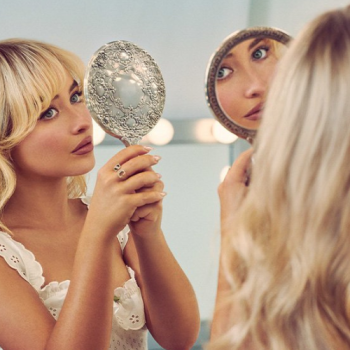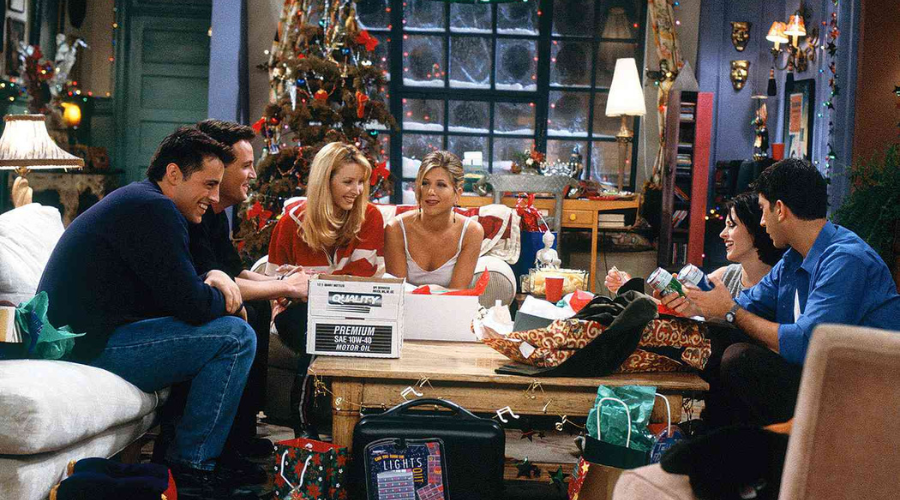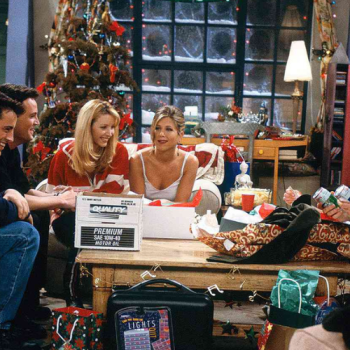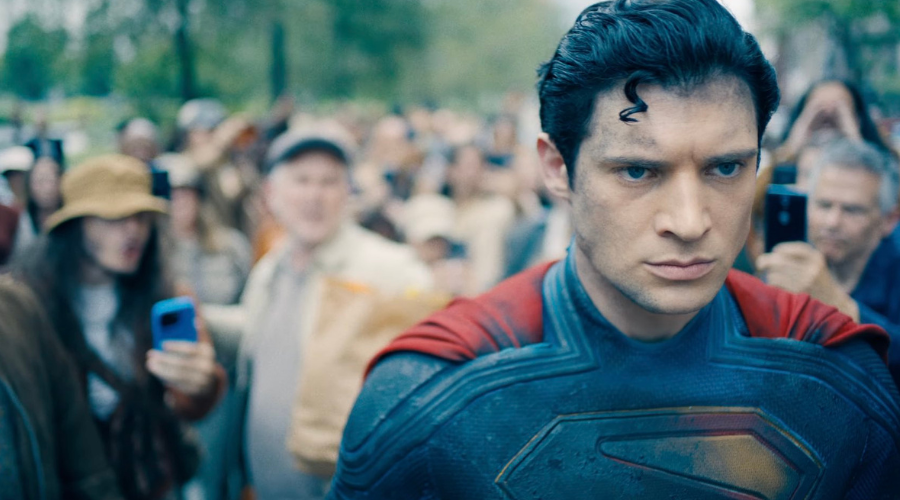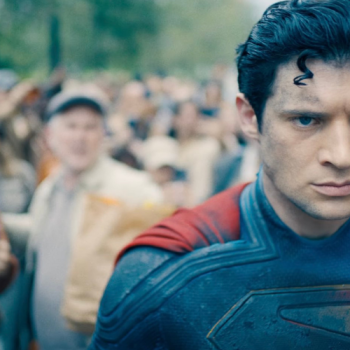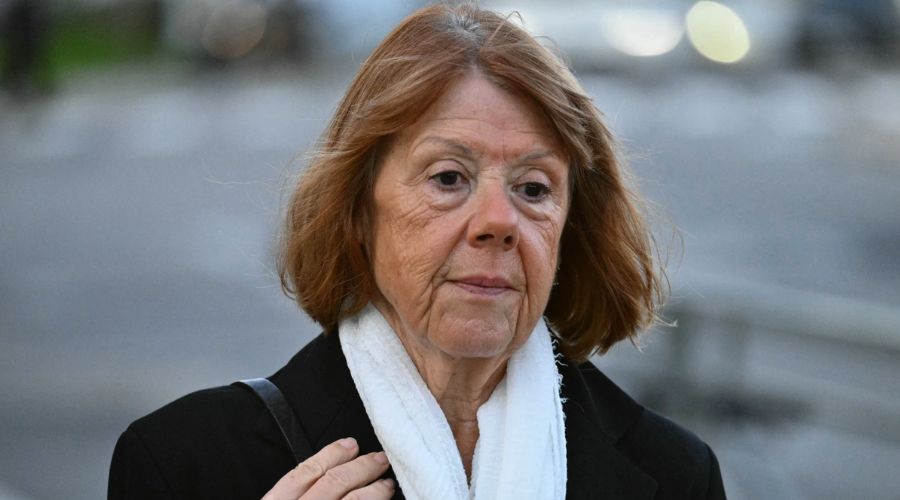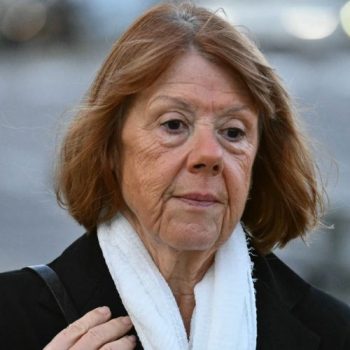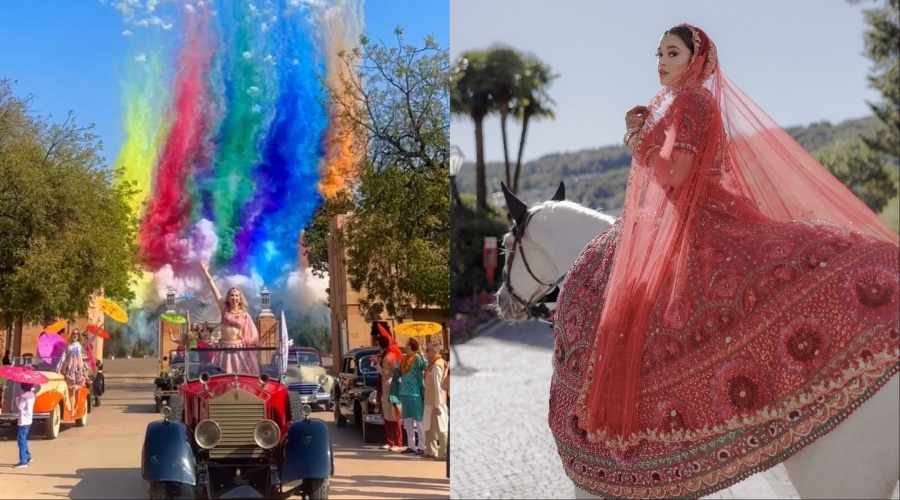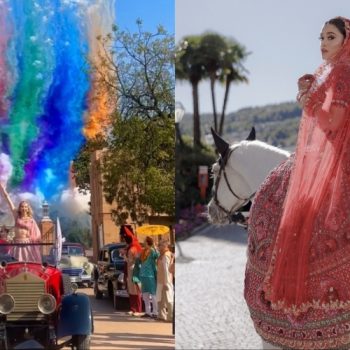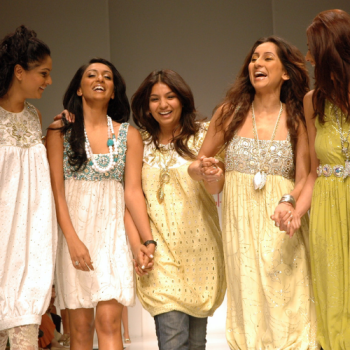During a recent interview with Film Companion, Kareena Kapoor Khan ardently expressed her desire to move away from the trappings of stardom. Her statement carried a touch of exasperation, coupled with her characteristic laughter. She said, “I aspire to portray characters because my ultimate goal has always been to be recognised as an actress while being in front of the camera.”
In Bollywood, there exists a tremendous weight associated with hailing from a renowned film family, particularly when one examines the history of success within the Kapoor clan. Both Kareena and her sister, Karisma, successfully carved their paths amidst a backdrop of male-dominated triumphs, benefiting from their familial connections while still experiencing their fair share of setbacks.
While Karisma Kapoor paved the way, achieving both critical acclaim and commercial success in equal measure, Kareena’s journey was not without its challenges. Part of the reason for her struggles lay in her penchant for roles that did not always conform to the conventional commercial narrative.
Not Always Conventional
In Jab We Met, we were introduced to Geet, arguably Kareena’s most beloved role to date. In it, she plays a happy-go-lucky girl with a heart of gold. While a lot of the film’s attention was centred on her relationship with Shahid Kapoor, who she split with during the making of the film, audiences fell in love with the character. Giridhar Jha, National Award Winner, Best Critic on Cinema for 2017, says he doesn’t view Jab We Met as a typical commercial film because, at the time of its release, Shahid Kapoor was relatively lesser-known, Imtiaz Ali was not widely recognised, and Kareena was the driving force behind it. “It had a limited release, predominantly in smaller cities, with early morning shows, making it more of a niche film. Nevertheless, it managed to deliver a finely crafted performance. Over time, it became a cult classic of sorts,” he says.
A Shift
Bollywood is undergoing a noticeable shift in the type of content it produces. The traditional song-and-dance routines are being replaced by grittier narratives that delve into regional politics and portray communities from smaller towns and cities across India. With the rise of OTT platforms, the theatrical experience is being complemented, if not replaced, by digital streaming services. Consequently, actors are reevaluating their approach to reach their audiences, adapting to the evolving landscape of the entertainment industry.
Jha believes she’s in a position to negotiate terms that align with her artistic aspirations. “Beyond the glamour and popularity, every artist aspires to portray roles that leave a lasting impact and are remembered by audiences. Moreover, Kareena has crossed the age where she can solely engage in the conventional commercial cinema tropes. These factors, the shift in content-driven cinema, and the quality of roles offered, have contributed to her career’s evolution,” adds Jha.
A Career Pivot
Kareena’s recent releases, which include Sujoy Ghosh’s Jaane Jaan, where she takes on the role of a single mother caught in a crime investigation, and Hansal Mehta’s The Buckingham Murders, where she not only acts but also serves as a co-producer a notable first for her, portray a grieving British-Indian detective tasked with solving the case of a murdered child, the actor reveals the depth of her acting skills, even when the roles don’t conform to her well-established superstar image. Her ability to stand toe-to-toe with actors of the calibre of Vijay Varma and Jaideep Ahlawat reaffirms her versatility.
In this context, it’s essential to recognise that when an actor like Kareena attains a certain level of stardom, there may be reduced pressure to conform to traditional patriarchal norms prevalent in Bollywood.



